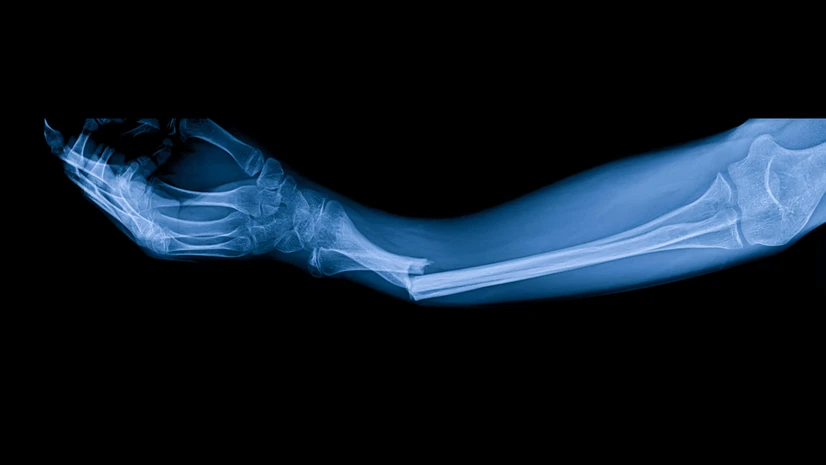A joint research project between the University of the West of England and Oxfam has developed an innovative toilet/urinal system that can generate electricity from substances present in urine.
The project is called “Pee Power”. This research is being conducted under the Bristol Bio-energy Centre, which is led by Professor Lawans Liropoulos. This project aims to enable lighting and small electrical appliances in places where there is no large-scale water and electricity facilities, especially in refugee camps and remote rural areas and toilet blocks. The system is based on microbial fuel cells. In this system, urine is first collected in a urinal/toilet unit. The urine is then fed into MFCs, where special bacteria feed on the organic matter in the urine.
The bacteria’s metabolism causes a chemical reaction that produces electrons and protons. The electrons flow through an external circuit, creating electricity.
Read also: Pakistan launches Mashreq digital bank















